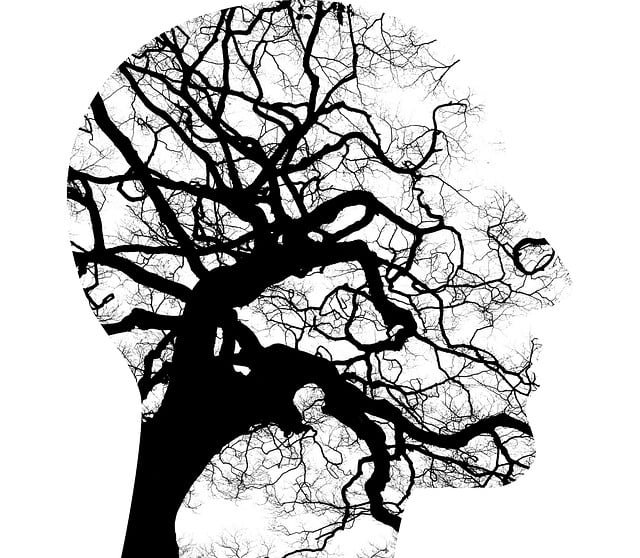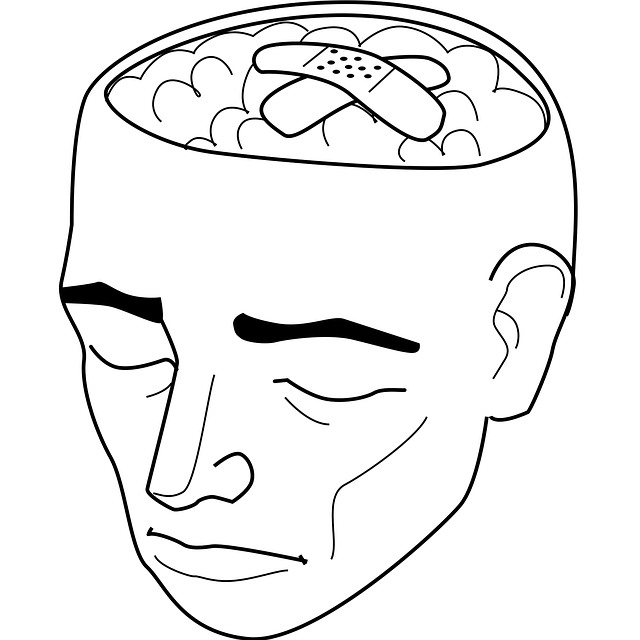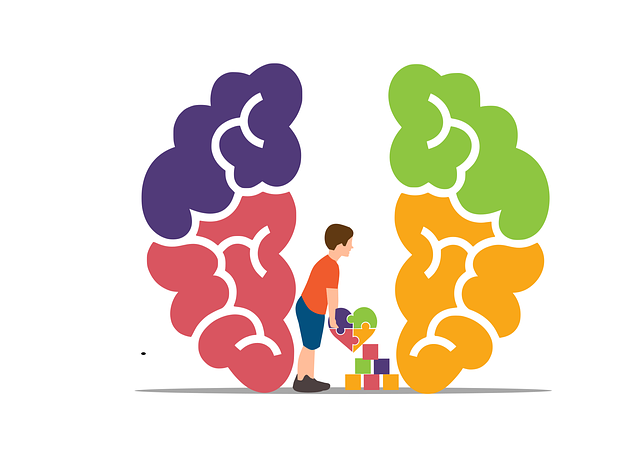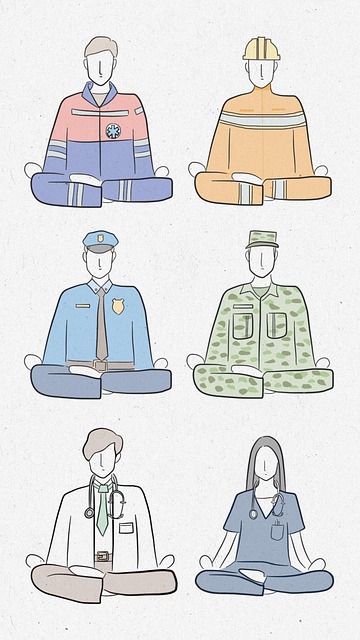In the digital age, media portrays mental health, significantly shaping public opinion and often perpetuating stereotypes, especially around dissociative disorders. To counter this, organizations like Stress Management Workshops advocate for authentic storytelling and destigmatization. The Englewood Dissociative Disorder Therapy (EDDT) model offers a unique approach by empowering individuals to reclaim their narratives through creative arts and media production, disrupting harmful tropes and promoting empathetic representations of mental health struggles in popular culture. Accurate media depictions are vital for reducing stigma and encouraging those with mental health conditions to seek help.
Mental illness representation in media is a complex issue, often reflecting societal misunderstandings. This article explores strategies to challenge these stereotypes, focusing on Englewood Dissociative Disorder Therapy as a model for accurate and empathetic portrayals. We delve into the current landscape of media portrayal, highlighting its impact on public perception. Subsequently, we present innovative approaches like the Englewood therapy, which offers a more nuanced understanding of mental health conditions. By fostering positive change through responsible media depiction, we can create a more inclusive and supportive society.
- Understanding Mental Illness Representation in Media: The Current Scenario
- Englewood Dissociative Disorder Therapy: A Novel Approach to Media Portrayal
- Fostering Positive Change: Strategies for Accurate and Empathic Media Depictions
Understanding Mental Illness Representation in Media: The Current Scenario

In today’s digital age, media plays a significant role in shaping public perception of mental health. The current scenario presents a complex picture; while there has been an increase in conversations about mental illness, accurate and sensitive representation remains a challenge. Often, media portrayals reduce intricate disorders to simplistic, stereotypical narratives, leading to misinformed public opinions. For instance, dissociative disorder, like that which Englewood Dissociative Disorder Therapy addresses, is frequently depicted as mysterious or even supernatural, missing the mark on the nuances of the condition and its impact on individuals’ lives.
Such representations hinder empathy building strategies and positive thinking, which are essential for fostering understanding and support. To challenge this status quo, there is a pressing need for more authentic storytelling that reflects the realities of mental illness experiences. Organizations like Stress Management Workshops focus on empowering individuals with tools for self-care and resilience, encouraging open dialogue about mental health struggles, and ultimately aiming to destigmatize these conditions. By promoting accurate representation in media, we can create an environment where people experiencing mental illness feel seen, heard, and supported.
Englewood Dissociative Disorder Therapy: A Novel Approach to Media Portrayal

In addressing the underrepresentation and stereotyping of mental illness in media, innovative approaches like Englewood Dissociative Disorder Therapy offer a promising path forward. This therapeutic framework goes beyond traditional treatment models by integrating creative arts, storytelling, and community engagement to portray dissociative disorders with nuanced accuracy. By employing techniques such as art therapy, writing workshops, and collaborative media production, this approach empowers individuals affected by dissociation to reclaim their narratives and challenge societal perceptions.
Englewood Dissociative Disorder Therapy not only provides a crisis intervention guidance for those in need but also fosters self-awareness exercises that promote healing. Through the creative process, individuals can express complex emotions, explore trauma, and engage in activities that enhance self-esteem improvement. By centering the voices of those living with dissociative disorders, this therapy disrupts harmful media tropes and contributes to a more inclusive, empathetic portrayal of mental health struggles in popular culture.
Fostering Positive Change: Strategies for Accurate and Empathic Media Depictions

Media has a powerful influence on shaping public perception, and accurate representation of mental illness can be a game-changer in fostering positive change. When media portrays mental health challenges with sensitivity and empathy, it not only reduces stigma but also encourages open conversations about these issues. This is where the role of therapists, like those specializing in Englewood Dissociative Disorder Therapy, becomes vital. They ensure that stories and characters with mental illnesses are depicted authentically, offering a more nuanced understanding to viewers.
By promoting accurate representations, media can inspire hope and highlight effective stress reduction methods and strategies for inner strength development. It encourages individuals struggling with mental health issues to seek help and supports the overall goal of improving mental wellness. Through responsible storytelling, media has the potential to revolutionize how society perceives and interacts with mental illness.
In conclusion, mental illness representation in media has evolved, but challenges remain. The current landscape often perpetuates stereotypes and lacks nuanced understanding. To drive positive change, we propose strategies for accurate and empathic depictions, with a specific focus on novel approaches like the Englewood Dissociative Disorder Therapy model. By fostering more respectful and accurate media portrayals, we can create a society that better understands and supports individuals grappling with mental health issues.














